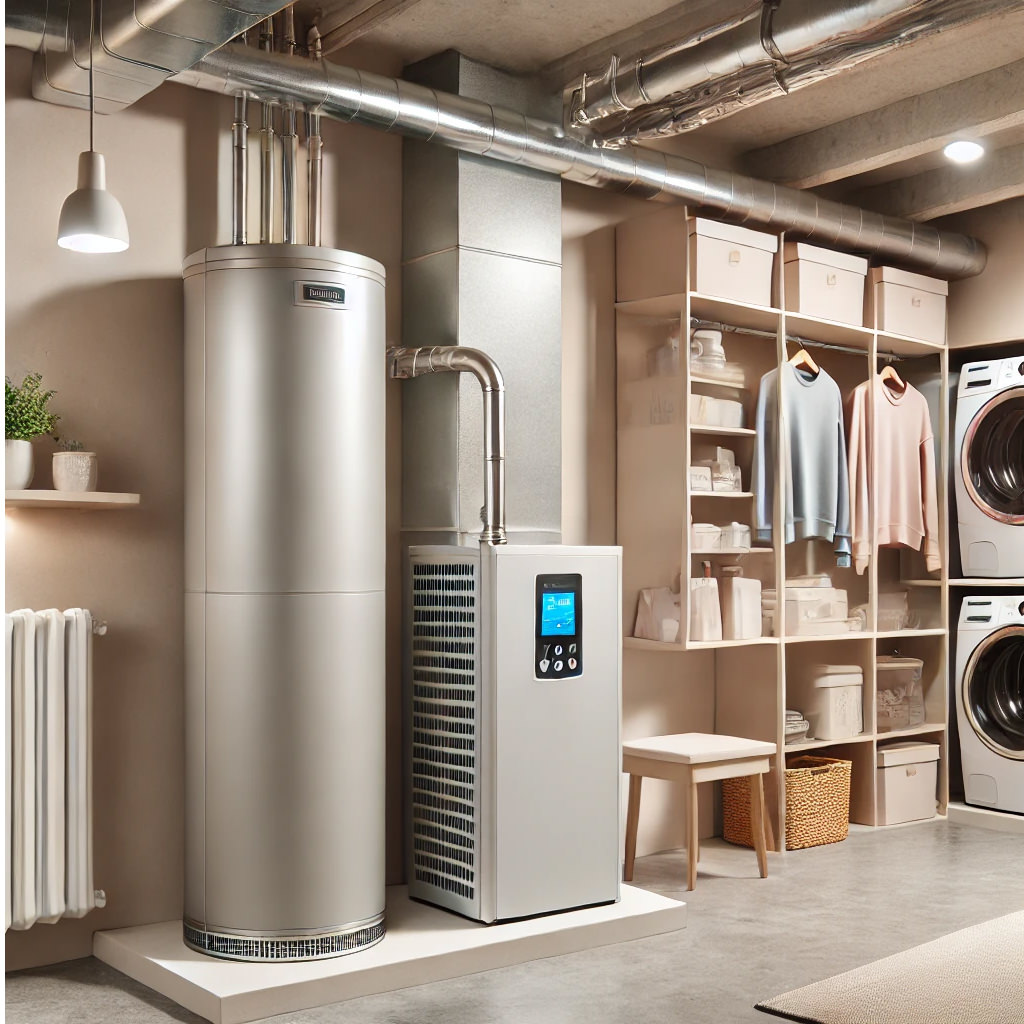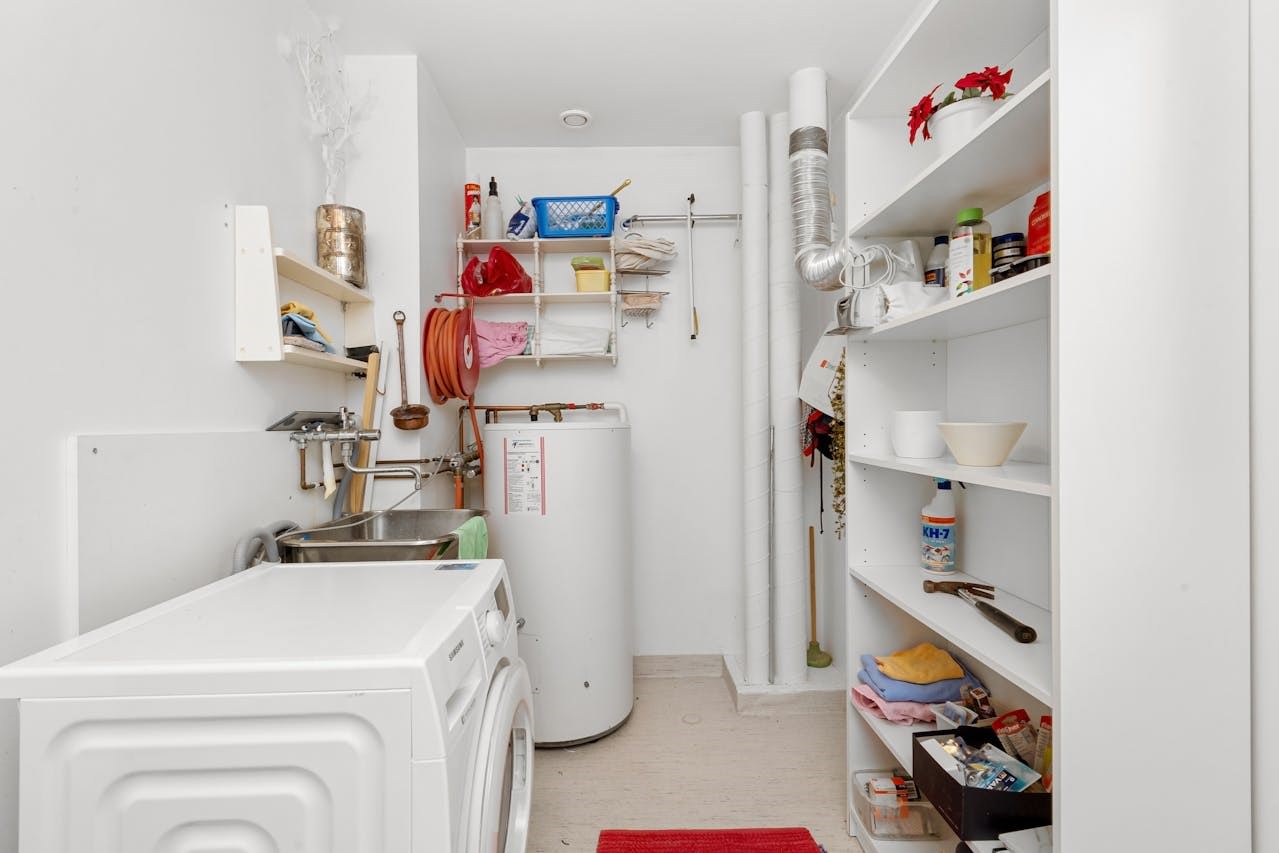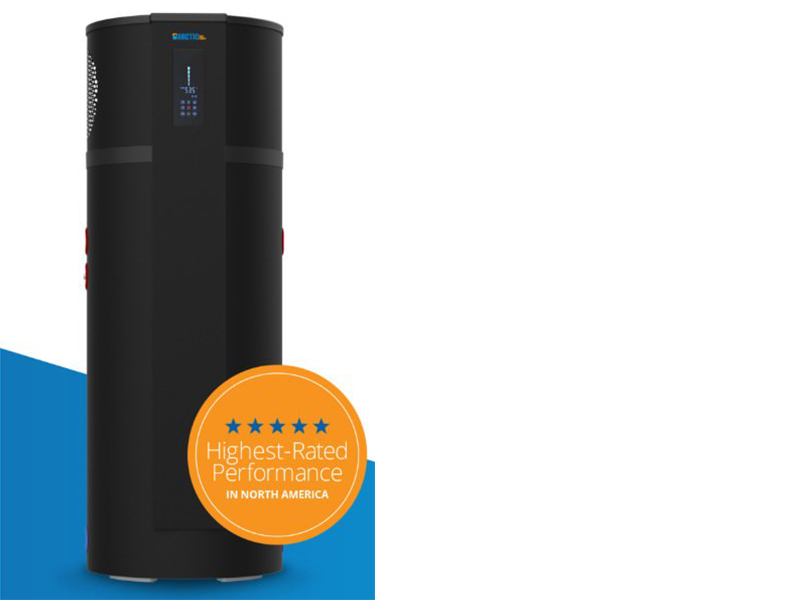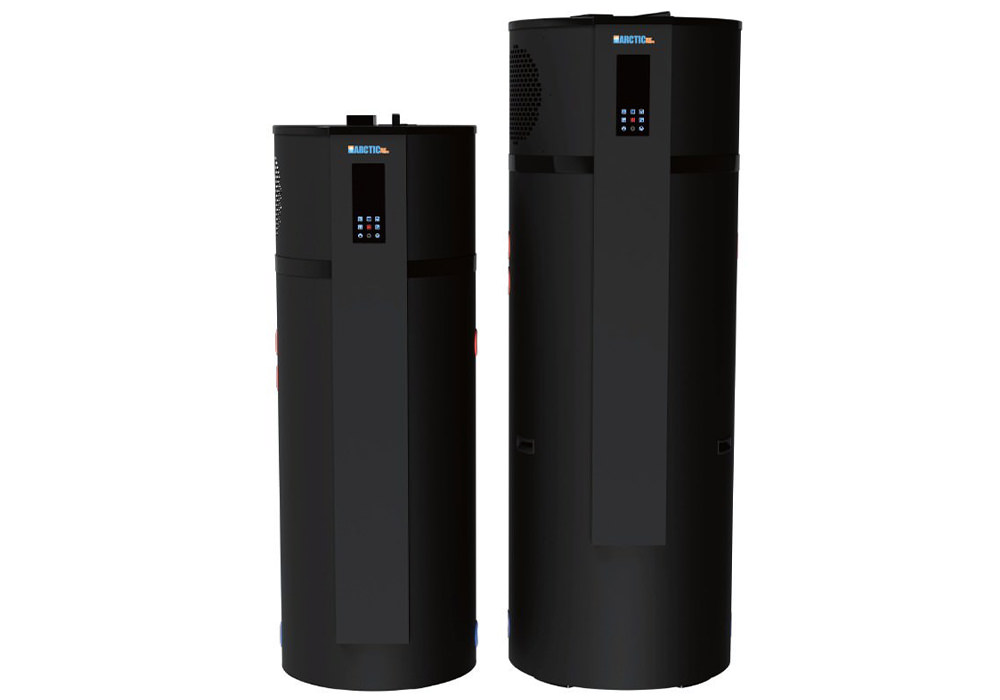With many homes switching to energy-efficient domestic heat pump water heaters, many are wondering how to choose and install these devices. If you’re one of such people, you’re reading the right blog. In this piece, you’ll learn how to choose and install the right domestic heat pump water heater.
Choosing a Domestic Heat Pump Water Heater
Like purchasing any other item, there are factors you need to consider before choosing a heat pump for your domestic hot water needs. In this section, we’ll cover some of these factors to help you choose correctly.
- Size: You cannot pick any heat pump water heater you find simply because it is big. You need to choose a heat pump water heater based on the hot water consumption of the house. Generally, each habitant will require 20 gallons of hot water so a family of 4 needs 80 gallons of hot water.
- Energy Efficiency: An energy-efficient device can save more energy than regular heaters. You can find out whether a product is energy efficient by checking its performance coefficient. All water heaters have a Universal Energy Factor (UEF). The higher the number the better the energy efficiency. Arctic Heat Pump Water Heaters have a UEF of 4.14 the highest in North America!
- Overall Costs: Heat pump water heaters can be quite expensive. Don’t just decide on a system based on the purchase price alone. Consider the installation, maintenance, and other costs. This will ensure you can carry out the project. Arctic Hot Water heat pumps are designed to be complete retrofits which reduce the installation costs.

Installation Requirements for Domestic Heat Pump Water Heater
Before purchasing a heat pump water heater, you should consider its installation. The heat pump water heater installation requirements will determine if the device you have chosen is suitable for your home and space. Here are the requirements you need to consider:
- Space: The water heater needs ample space of about 700 cubic feet to absorb heat properly. Most people install their domestic water heaters in their basements, garages, or utility rooms to give them the required space.
- Temperature: Since the water heater will gather heat from the air around it, it must be placed in a suitable temperature environment. As such, it shouldn’t be exposed to extreme cold. Install it in a space with an ambient temperature between 50° and 90°F.
- Accessibility: You’ll occasionally have to carry out routine maintenance. Therefore, you need to install the water heater in a space that allows accessibility. This way, the technicians will be able to inspect, service, and drain the device when necessary. The control panel and the data connection ports must also be easily accessible.
- Manufacturer’s Requirements: In addition to the general requirements that apply to all heat pump water heaters, you must comply with the requirements of your product’s manufacturer.
Some models may be designed with special functions and can only operate optimally when certain conditions are met. Therefore, always consult the manufacturer’s installation guide for specific recommendations for your model.
Installing a Domestic Heat Pump Water Heater
After fulfilling all the installation requirements, the next step is the installation itself. The hot water efficiency of your water heater depends in part on how well you install it. Therefore, for a successful installation, follow these steps:
- Mount the water heater in the place you have chosen. Remember the space, temperature, and accessibility requirements we mentioned earlier.
- Using the right type and size of pipes, connect the heat pump water heater to the existing water line.
- If your building doesn’t have an existing water line, you’ll need to have professionals install one.
- One mistake people make is failure to install a vacuum valve close to the top of the heat pump water. This is necessary to protect the water heater from collapsing you drain it, it also speeds up the draining process.
- Correctly install a temperature pressure relief valve for the water heater.
- Depending on your setup and model, you might need to install an expansion tank or valve.
- After doing the above, turn on the water supply.
- Turn on the power supply as well.
If the above steps are followed properly, your heat pump water heater will work perfectly. We recommend you hire an experienced technician to install the heater to ensure everything goes smoothly.

Common Domestic Heat Pump Water Heater Installation Challenges
The installation of this water heating technology is not without its challenges. The main challenge most homeowners encounter is having enough space to enable it to function efficiently. Folks with limited available space might not be able to install these devices, preventing them from adopting this modern technology.
Electrical requirements, when switching from gas to a heat pump water heater, may be a challenge. In this case you need to provide the proper electrical power to the heat pump. If you are replacing a gas heater chances, are you will need to hire and electrician to run the power to the new hot water heat pump. Decommissioning the gas lines and the old chimney may also require the help of a professional.
Conclusion
Choosing and installing a heat pump water heater requires proper planning and consideration. To get the most out of the device, you must comply with installation requirements. After installation, you must follow the maintenance tips from found in your product’s manual. Proper maintenance will ensure the longevity of your heat pump water heater.






